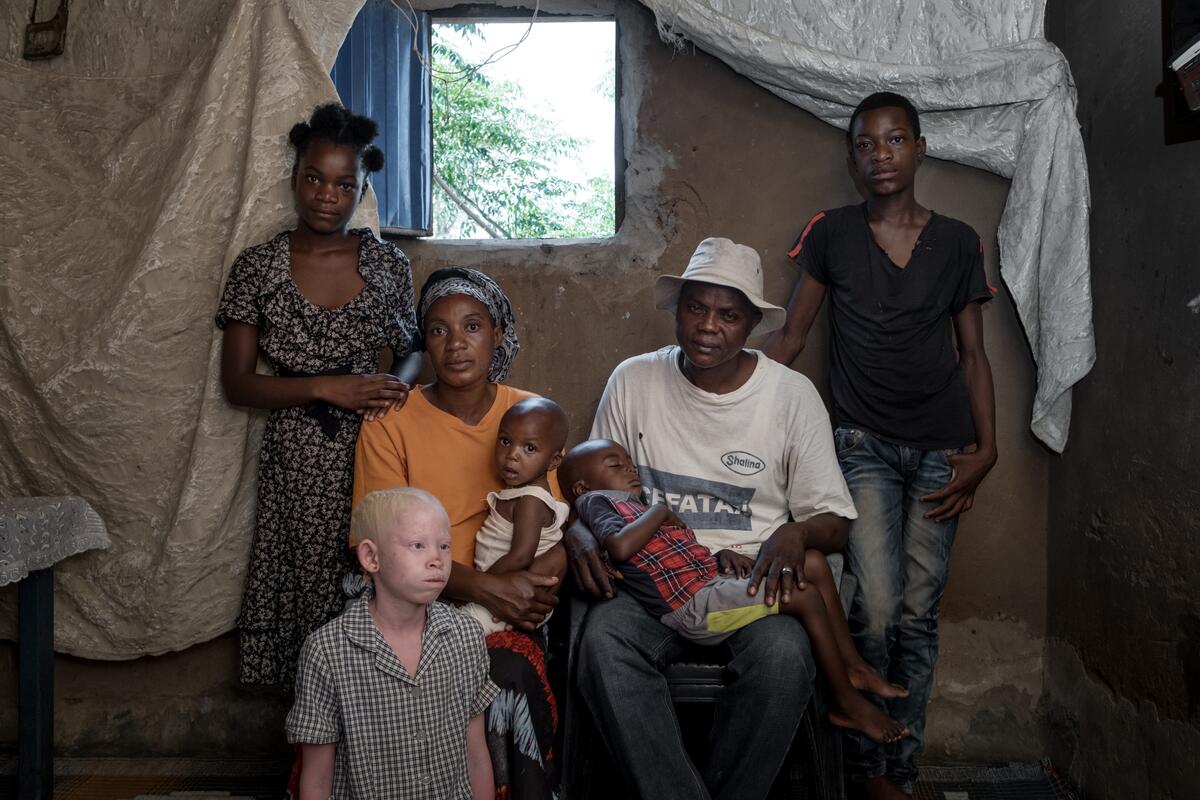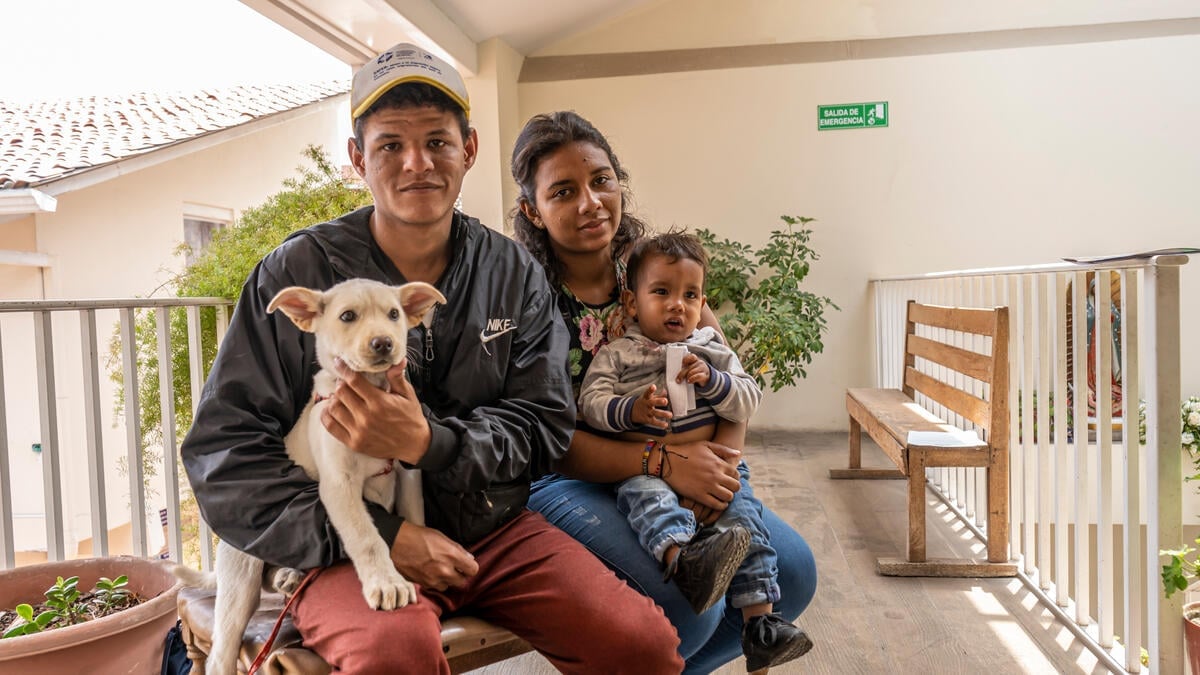UNHCR and World Food Programme alarmed over threats to aid flow in Chad
UNHCR and World Food Programme alarmed over threats to aid flow in Chad

GENEVA, November 27 (UNHCR) - The UN refugee agency and the World Food Programme (WFP) on Monday appealed for the rapid restoration of order in eastern Chad following weekend unrest in which mobs looted warehouses storing vital aid supplies for hundreds of thousands of Darfurian refugees and displaced Chadians.
Both agencies reported that their main warehouses in the town of Abéché, the hub for relief efforts for 218,000 refugees from Sudan's neighbouring Darfur region and some 90,000 internally displaced Chadians, had been pillaged Saturday and Sunday. Abéché was occupied by rebel forces on Saturday, then retaken by government troops on Sunday. During the turmoil, both agencies' warehouses were pillaged, reportedly by local residents.
Abéché was reported quiet though tense on Monday and local authorities said they would sent out teams to try to locate and recover stolen aid supplies. UNHCR staff reported widespread looting in the town and said prisoners had escaped from Abéché jail and were in the town and carrying arms.
In a joint press release issued in Geneva and Rome on Monday, High Commissioner for Refugees António Guterres and WFP Executive Director James Morris warned that the aid lifeline in the remote region along the Chad-Sudan border was extremely precarious and urged all sides to honour humanitarian principles so the flow of relief could continue.
"There are more than 300,000 uprooted people in 12 refugee camps and various sites for internally displaced Chadians who are almost totally dependent on outside help from WFP, UNHCR and our partners," Guterres said. "Chadian host communities also get help from us. The loss of our main stockpiles for the eastern region and the restrictions on our staff because of continuing insecurity are jeopardising that fragile lifeline."
Initial reports from WFP staff indicated 483 tonnes of food valued at about US$500,000 had been looted from its warehouse in the centre of Abéché. Another WFP warehouse on the outskirts of town was apparently untouched. "Stealing food from people who have lost everything is the most shameful and inhumane act that anyone can possibly commit,'" said WFP's Morris.
Food commodities looted from WFP included 355.6 tonnes of cereals; 61.5 tonnes of sugar; 35.2 tonnes of oil; 21.9 tonnes of pulses; and nine tonnes of dry skimmed milk. But all WFP food aid stocks for December distributions to the Chadian refugee camps were already delivered and positioned in the camps, and a substantial amount of food for January was in place as well.
More WFP food deliveries for the Chad camps are expected shortly, with convoys already en route from Khufra, Libya with 1,140 tonnes of cereals and vegetable oil. WFP still needs another US$5.5 million immediately to buy all the necessary food commodities before the start of the next rainy season in June. There is a six-month lead time between receiving funds and pre-positioning food in the refugee camps.
UNHCR's heavily looted warehouse contained about US$1.3 million worth of relief items ranging from blankets, tents and plastic sheeting to stoves, kitchen sets, medical supplies, communications gear and water purification and storage equipment - all essential supplies for running the remote refugee camps along a 600-kilometre stretch of eastern Chad near the Sudanese border.

Staff estimated that at least 80 percent of non-food items were stolen, adding that heavy tents were left untouched. Car batteries and spare parts were stolen, compounding transport problems, while tools for maintaining vehicles were also looted.
The Abéché warehouse is UNHCR's central supply depot for the region, distributing to seven satellite warehouses closer to outlying camps. Stocks in those smaller outlying warehouses should help provide a buffer for the time being, but lost supplies will need to be replenished quickly.
UNHCR has about 300 staff assigned in Chad, including 95 internationals and more than 200 nationals. Most of UNHCR's staff are in the east. WFP has 44 international staff and 227 national staff, most of them also in the east.









